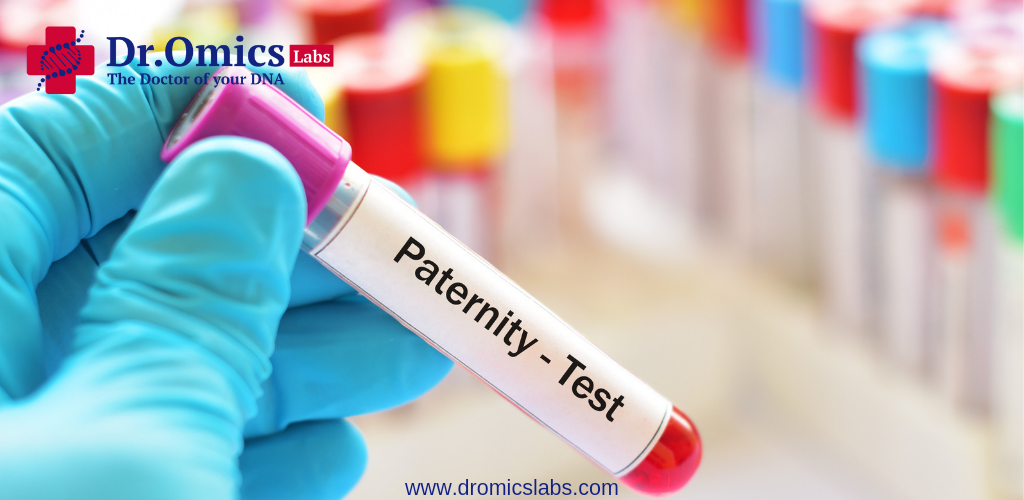Imagine if your daily meal plan wasn’t just about calories or carbs—but specifically designed based on your DNA. That’s exactly what nutrigenomics promises: a future where what you eat is tailored to your genes, helping prevent or manage chronic diseases like diabetes more effectively than ever before.
What Is Nutrigenomics and Why Does It Matter?
Nutrigenomics is a field of science that studies how nutrients interact with our genes. It’s not just about what you eat, but how your body reacts to it based on your unique genetic code. This approach stands in contrast to traditional nutrition advice, which is the same for everyone.
By looking at how different nutrients switch genes “on” or “off,” nutrigenomics helps explain why one person thrives on a low-carb diet while another sees no improvement. For individuals with or at risk for diabetes, this can be a game-changer.
The Genetics Behind Diabetes
Diabetes, particularly Type 2, is influenced by both genetic and environmental factors. Certain genes can increase your risk by affecting how your body processes glucose, responds to insulin, or stores fat. A growing number of people are now using diabetes risk DNA tests to discover whether they carry these genes—even before symptoms arise.
However, genetics isn’t destiny. The food you eat can either activate or silence harmful genes. This opens up the potential for diet-based intervention—precisely the kind of solution nutrigenomics offers.
Food as Gene Therapy: Personalized Nutrition in Action
Here’s where it gets exciting: your genes influence how your body reacts to specific nutrients. Some individuals may process sugar efficiently, while others spike their blood glucose levels after even small amounts of carbohydrates. These differences lie in blood sugar genetics, and they explain why a universal diet doesn’t work for everyone.
For example, someone with a gene variant affecting insulin sensitivity might benefit more from a high-fiber, low-glycemic diet. Another person with genes linked to lipid metabolism may need to reduce saturated fats. Rather than guessing, nutrigenomics allows for evidence-based, personalized recommendations that align with your genetic blueprint.
Why Most Diets Fail: The One-Size-Fits-All Problem
You’ve probably seen it happen—two people follow the same diet, but only one sees results. That’s because standard diets don’t take genetic differences into account. For individuals with diabetes, this can be especially frustrating. Despite strict adherence to popular plans, blood sugar levels may remain stubbornly high.
With nutrigenomics, we move away from this outdated model. Instead, we embrace a new era of precision nutrition, where your diet is matched to your genes, improving both effectiveness and long-term sustainability.
Pharmacogenomics: The Other Side of the Coin
Nutrition isn’t the only area where genetics plays a role. Pharmacogenomics in diabetes studies how genetic variations affect your response to medications. This is crucial because not everyone responds the same way to common diabetes drugs like metformin or insulin.
Some people metabolize medications quickly, reducing their effectiveness, while others may experience adverse side effects. Understanding your genetic profile helps doctors choose the right medication and dosage from the start—eliminating guesswork and saving valuable time.
From Lab to Lifestyle: Real-World Impact
What was once limited to research labs is now becoming accessible to everyday people. Genetic testing is more affordable and widely available than ever before. With just a cheek swab, you can uncover your risks and receive personalized dietary and medical guidance.
And the benefits aren’t limited to diabetes. Nutrigenomics also shows promise in managing cardiovascular diseases, obesity, inflammatory conditions, and even certain cancers—all of which can be influenced by dietary choices and genetic makeup.
The Future Is Personalized
We’re on the cusp of a major shift in healthcare. Rather than treating diseases after they appear, nutrigenomics allows us to predict and prevent them based on a person’s unique biology. This approach makes healthcare more proactive, personalized, and precise.
For students, professionals, or anyone curious about the future of wellness, understanding the genetics of diabetes and the role of nutrition is not just fascinating—it’s empowering. With the right knowledge, you can make smarter food choices that align with your biology, not fight against it.
Conclusion: The Power Is in Your DNA
The future of diabetes care lies not only in new medications but in understanding the individual at a molecular level. With tools like diabetes risk DNA tests, insights into blood sugar genetics, and the growing field of pharmacogenomics in diabetes, we now have the means to craft dietary and treatment plans that are truly personal.
Nutrigenomics is no longer a futuristic concept—it’s here, it’s real, and it’s rapidly becoming a standard of care. If we can harness our genetic information and pair it with smart nutrition, we may not just manage diabetes—we may prevent it altogether.
Your genes may load the gun, but your lifestyle pulls the trigger. With nutrigenomics, you have the power to take control of your health—one meal, one gene, one decision at a time.




